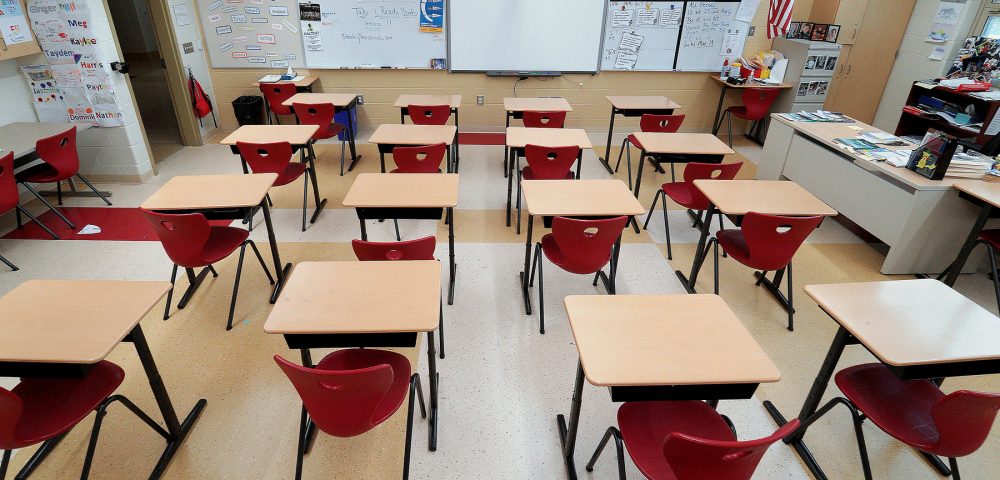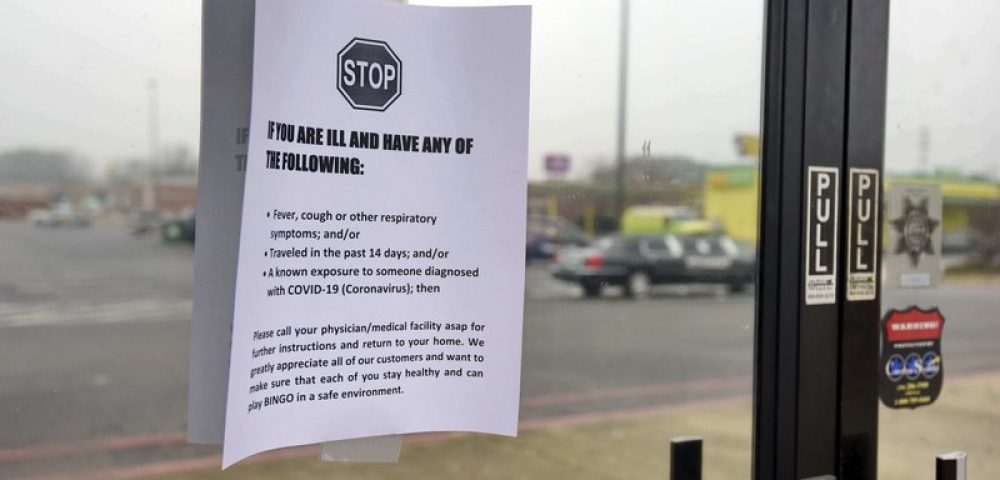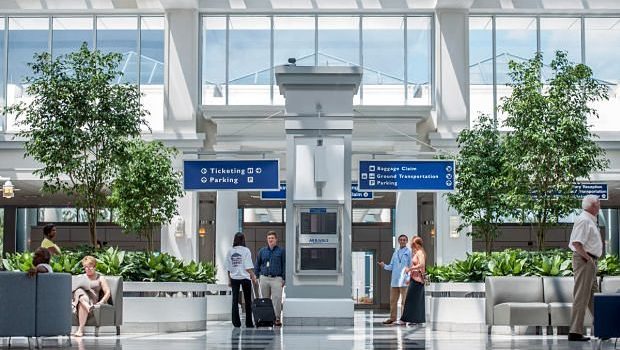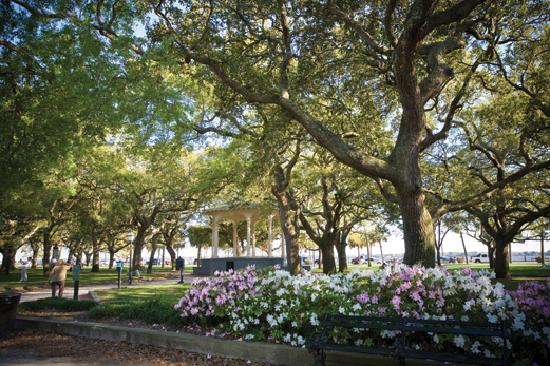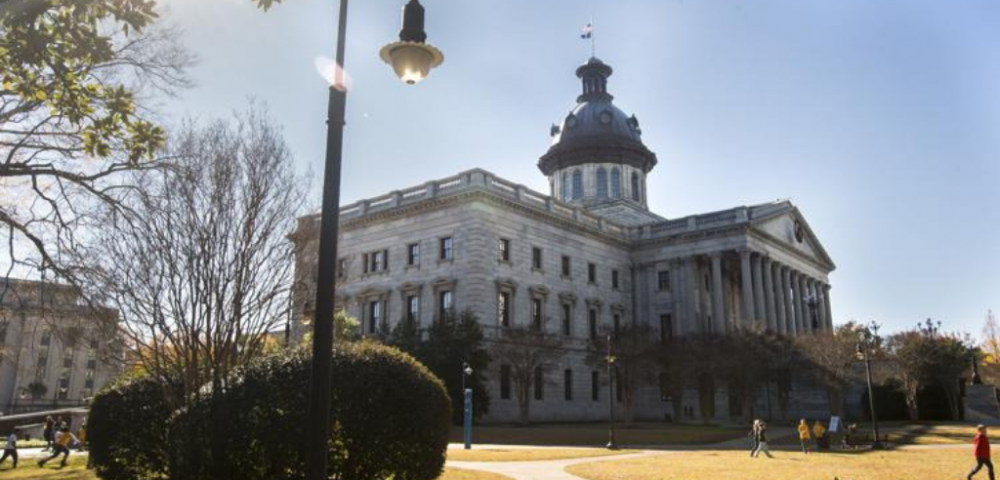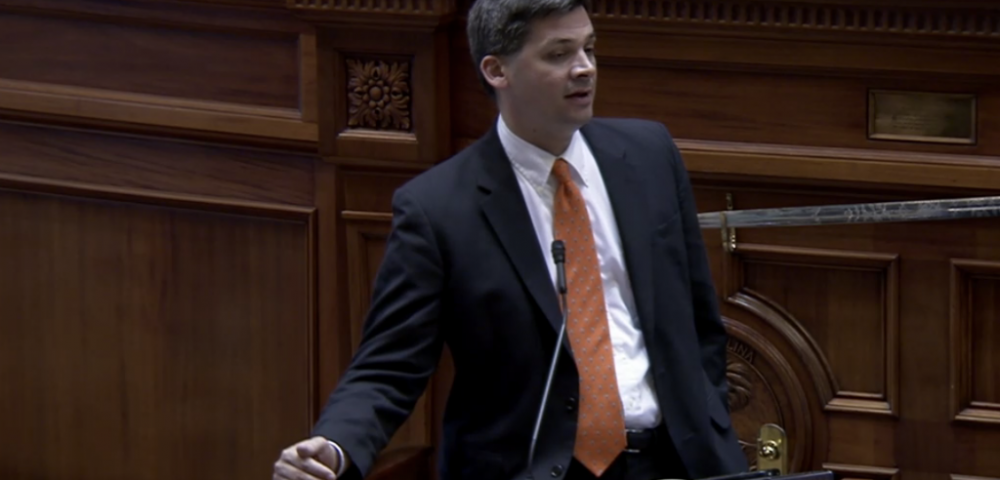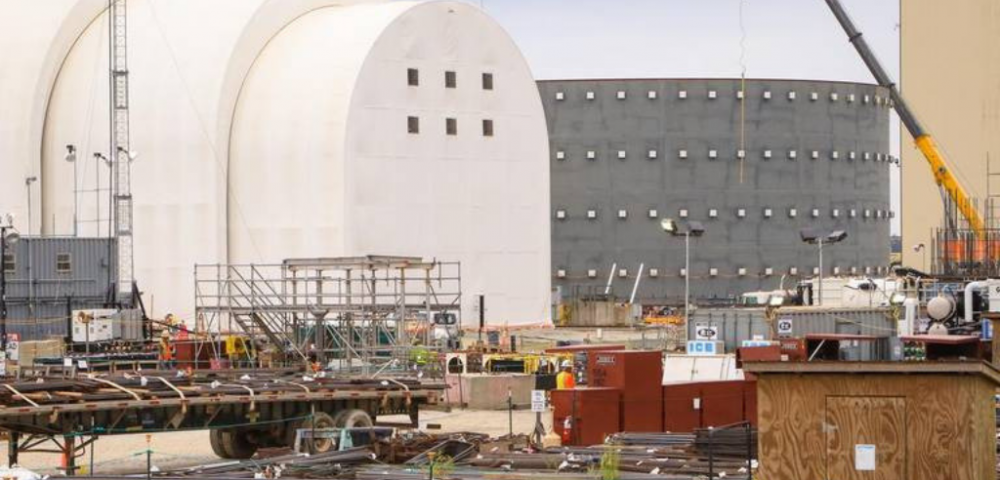On Wednesday, July 15th, Gov. Henry McMaster joined by his fellow Republican House and Senate leaders executively decided that SC schools will re-open for in-person teaching. This press statement comes as COVID-19 cases continue to surge in the state. The district schools are being pushed to re-open with the option to choose between virtual learning and face-to-face learning.
McMaster says that “the classroom is one of the safest places to be,” in response to fear over Coronavirus. These plans are being made as the state believes that virtual education is not enough. Each district ultimately can decide a plan for themselves, yet now there must be an option that includes sending kids to school five days a week. As of 2019, SC schools remain #48 in state education across the country. It’s likely that the recent changes in schooling could impact the education kids receive. “What we need to do is take every step at our disposal to get kids back to schools,” McMaster said.
With this push to re-open comes a push for start dates to be halted. McMaster asks that schools consider beginning classes after September 8th, in addition to creating options for online and in-person learning.
There has been no official statement from SC school boards regarding final decisions for the upcoming fall semester. In the next few weeks, it’s possible we will see districts announcing plans that rotate between in-person and online classes.

